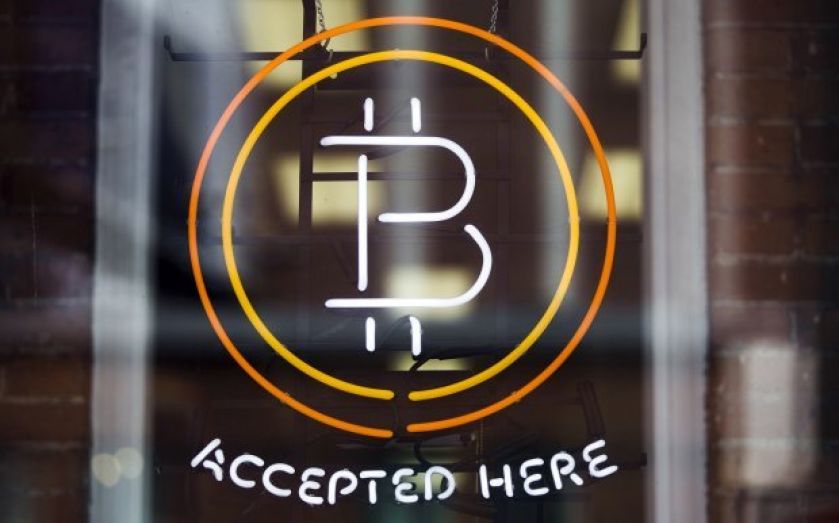Bitcoin now legal alternative to US dollar in California

The governor of California has signed assembly bill 129, which gives Bitcoin and other digital currencies the status of legal money.
Jerry Brown's signature has finally clarified Bitcoin as valid form of payment in the golden state after AB-129 was passed in February by the California Senate Banking and Financial Institutions Committee by a 7-1 vote.
The bill was intended to update the existing state law under which alternative forms of value were being used illegally, as well as provide a more hospitable environment for California's fast growing Bitcoin community.
The bill repeals arcane state restrictions on the use of anything but USD as currency. However, the dollar retains legal superiority over cryptocurrencies and other forms of money.
Author of the bill, Roger Dickinson, commented: "In an era of evolving payment methods, from Amazon Coins to Starbucks Stars, it is impractical to ignore the growing use of cash alternatives".
"This bill is intended to fine-tune current law to address Californians' payment habits in the mobile and digital fields", he added.
It is perhaps unsurprising that California has taken this step, since it is home to a host of Bitcoin businesses and venture capital funds. According to digital currency new site Coindesk, around 40 per cent of Bitcoin professionals come from California.
Brown's decision to sign off on AB-129 will give further hope to those who wish to see Bitcoin expand further into the mainstream, providing a fresh alternative to state-controlled money.
Many enthusiasts for cryptocurrency have long hoped that private monies will outcompete or at the very least put pressure on state-backed fiat money.
Earlier this month, the Institute of Economic Affairs (IEA) published New Private Monies: A Bit-Part Player? examining contemporary cases of private monetary systems, including Bitcoin.
Author of the paper, Kevin Dowd, a professor of finance and economics at Durham University, argued that money, like any other good or service, is best provided through a competitive free market.
He called for legal tender laws to be abolished and the government should be willing to accept taxes in the form of private money.
On the more radical side of what cryptocurencies could achieve, the paper lists the ability of individuals to free themselves to purchase illegal drugs, engage in illegal forms of gambling and protect their wealth from predatory governments.
Dowd concludes:
This, in turn, raises profound issues of an emerging spontaneous social order, in particular, the prospect of a crypto-anarchic society in which there is no longer any government role in the monetary system and, potentially, no government at all.